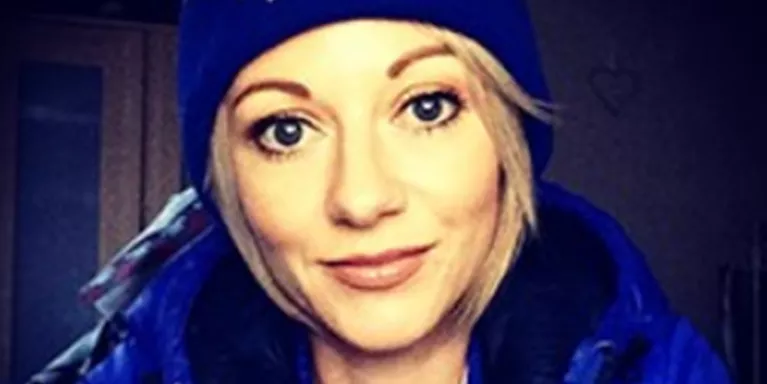A journey for my father
Content warning: This blog contains descriptions of in-patient care and medication that some may find distressing.
As part of our series on inpatient care, Lawrence blogs about how his dad’s experience of hospital started him on a lifelong quest to improve care for people with mental health problems.
As a child I didn’t understand what the word stigma meant, but I certainly knew how it felt. My father experienced severe mental illness necessitating regular hospital inpatient stays. In the 1960s there was little empathy or understanding of mental illness. As such, ignorance was rife. Those experiencing mental difficulties and their carers often found themselves isolated, even by their own communities.
“As a man I felt compelled to learn more about mental illness. Why was my father viewed differently to other fathers?”
In the North East of England where I grew up, there was a very macho culture. It remains to this day. The area is a heavily industrialised region of mining, steelworks, and shipbuilding. Iron and steel are in the DNA of many men with a ‘Big boys don’t cry’ mantra passed from fathers to sons through generations. My family was no different.
As a man I felt compelled to learn more about mental illness. Why was my father viewed differently to other fathers? Why did I feel ashamed about his condition and his hospital treatments? As a child I had looked to my elders to teach me right from wrong. I believed people should be treated equally, but from my experience this was not the case with my father. I needed to find some answers.
Becoming a mental health nurse
In 1979 at the age of 18, I set off on a long journey to work in a psychiatric hospital in the home counties. This journey was to change my life completely. The hospital fitted perfectly all the stereotypes I had seen in the old films and books. It was an old Victorian asylum building situated in the rolling Hertfordshire hills. I trained to become a mental health nurse. Those were the days of the padded cells, custodial care approaches, and very few ‘rights’ for the patients. It was institutionalised and the staff were as institutionalised as the patients, myself included.
In many ways we were victims ourselves of regimes that were controlling, punitive, and anachronistic. We gave out over-sedating drugs and observed, as patients mostly slept, or experienced horrendous side effects causing a shuffling gait and mannerisms which perpetuated the ‘mad’ label even more.
Treating patients as individuals
The 1990s heralded a more empathetic direction in mental health nursing. The padded cells were removed, and medications were more effective with far fewer side effects. The emphasis was now on treating patients as individuals with unique needs, and for them to have a say in their own care. This was in sharp contrast to the previous ‘one size fits all’ approach. So began my second life journey to positively raise awareness around mental health issues, and help to eradicate the stigma and discrimination that I had seen so many times in the past.
In 2000, I decided I wanted to focus much of my mental health experience and knowledge into media work. I had my own story to tell. I was a mental nurse and had also experienced a childhood personally affected by mental illness. This was a powerful combination. My story resonated with people. They wanted to know more about my own lived experiences, and about life beneath the high ceilings and long endless hospital corridors.
More than 40 years since setting off on that journey, I am now retired from nursing. My media work continues. This has taken me into TV and radio studios. I have written numerous newspaper columns and articles covering mental health. I am also an author. I have advised well known TV actors in dramas covering mental health storylines. The most famous being Steve Halliwell, who plays the character Zak Dingle in the TV soap opera Emmerdale. I helped to craft his depression storyline to try to ensure as much sensitivity and realism for the viewers. It was well received. This made me very happy.
“I want my grandchildren to live in a stigma-free society where we accept that we all have mental health.”
My aim is to promote hope wherever I can. Without hope we have very little. Hope for people to see times have changed, psychiatric treatments have changed, and attitudes are changing every day. It sometimes feels attitudes are changing at a slow pace, but this is still an improvement from my childhood. I am one of many who have dedicated my life to my work. For me this work is so important, so that my grandchildren and others can live in a stigma-free society. To not feel ashamed anymore and accept that we all have mental health. Is this too much to ask for?

Related Topics

Information and support
When you’re living with a mental health problem, or supporting someone who is, having access to the right information - about a condition, treatment options, or practical issues - is vital. Visit our information pages to find out more.
Share your story with others
Blogs and stories can show that people with mental health problems are cared about, understood and listened to. We can use it to challenge the status quo and change attitudes.

















